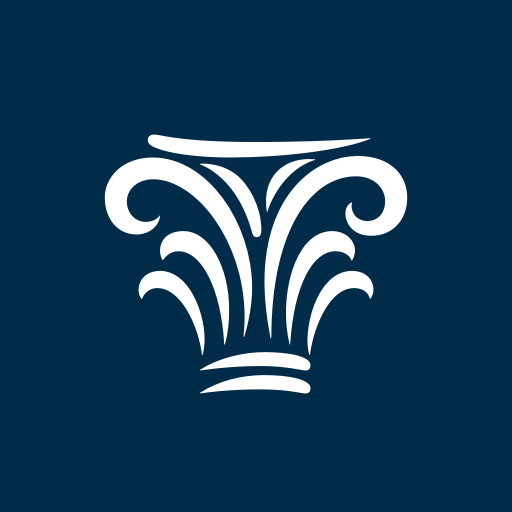Patricia Sagala is currently a Senior Schedule Analyst at Maxim Integrated Products, where she plans and manages new product development schedules. Maxim Integrated, a Fortune 1000 company, invents integrated solutions to make technology seamless. She graduated from UC Santa Cruz in 2010 where she majored in Business Management and Economics.
Below are Patricia’s responses to readers about her previous work experience, the technical team at Maxim, diversity at work, and more.
Sonya Sharififard: Hello Patricia. Did your internships lead you to your current position? As well, how do you remain informed on market trends and the industry? Thank you for your time.
Patricia: Hi Sonya. I actually didn’t have any intern experience before being hired at Maxim. I had a ton of experience interviewing for them though which definitely helped out. As for market trends, Maxim does a great job of keeping us informed. There are lots of industry journals and publications available out there if you’re interested, such as Consumer Electronics & CNet.
Radha Jhatakia: Hey Patricia. How involved is a Schedule Analyst with the technical team? Is a tech background necessary?
Patricia: Hi Radha. I spend the majority of my time interacting with the technical team. They are the ones that plan the product — my team just translates that into a schedule. Once we have it planned & entered into the software we meet with the team regularly to help them maintain and manage the schedule to ensure they meet their deadlines. I do not come from a technical (engineering) background. While I think it might have been helpful, it definitely doesn’t prevent me from doing my job. I just end up getting a lot of on-the-job learning experience!
Angelica Valentine: Hi Patricia. There are so many statistics about the extent to which tech is a male dominated field. What is your experience as a woman working in tech? Do you have any advice for women who want to get their foot in the door? Thanks.
Patricia: Hey Angelica. This is a really good question actually. Statistically speaking, the tech field is male dominated. However, that doesn’t mean that us women don’t have any influence or presence! Maxim is a very diverse company to work for. I’ve worked with many women who are engineers, managers & even directors! The only advice I’d really give is to be confident in yourself and your abilities; don’t be afraid to speak up! It can be intimidating but as long as you show your competence and willingness to work, I don’t think you’ll be met with any resistance.
Amanda Salcido: So how did you find out about this field? Curious? Thanks.
Patricia: Hi Amanda. I actually found out about this job through a friend. She was working for Maxim at the time and was approached by someone I now work with. They were looking for new college grads and since she had just graduated they thought to ask her if she knew anyone who would fit the bill.
Bert Beloit College: Hi Patricia. First of all, thanks for taking the time out of your day to answer our questions. My question is regarding communication between the technical and business side of any company. I have interned at companies that have a hard time bridging the gap between the two sides. How do you facilitate communication, correspondence, and understanding between the two branches? What are some of your best practices?
Patricia: Hi Bert. I’m happy to answer any and all questions y’all might have! The communication (or lack thereof in some cases) between the technical teams and the business managers really varies. Some of the business managers I’ve worked with are very responsive and involved with the technical team because they want to be informed when they interact with customers. Other business managers, not so much. This is one of the many reasons why project management can be a helpful and successful tool for companies.
My team and I often find ourselves facilitating conversations between business managers and design teams. It’s very important that there is clear communication between the two. A misunderstanding can result in an epic disaster such as a missed deadline or even a failure to meet customer specifications or requirements. By implicating project management, Maxim has effectively reduced the chances of issues between the business and technical teams. Both parties are basically forced to communicate from the start when we first plan the project. We then have weekly or bi-weekly status update meetings to ensure that everyone is on the same page.




